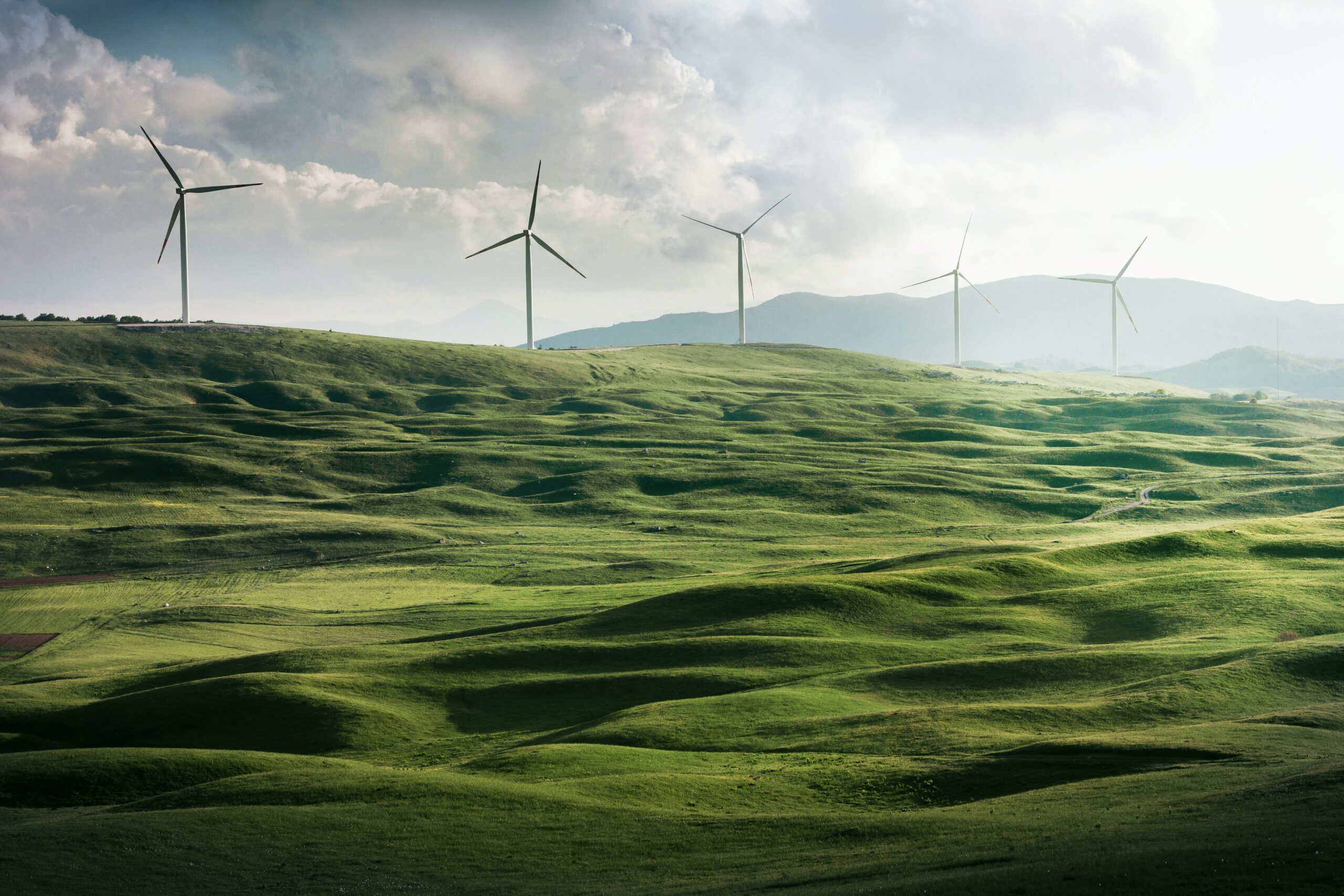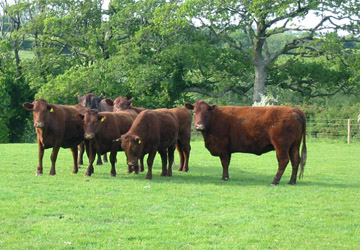Fieldpower Organics Signposts the way to Zero-Carbon Farming
“I ain’t no farmer”, says Paul Sousek, “I had a long career in market research, but when I discovered Peak Oil in 2004 I decided to quit my job and invest my family savings in agricultural land.” Paul, in his Cottage Farm in the west of England, is now a leading small-scale organic farmer, calling his brand Fieldpower Organics.
He concentrates on zero-carbon farm practices. He decided to implement his own style of organic farming with near-zero use of fossil fuels, powered as much as possible by renewable energy, using local inputs and selling his produce locally, to try to create an example of a self-sufficient and resilient food supply.
Paul started off with no farming experience, and did a one day course on “Cows for Beginners”, before implementing his organic farming journey. “Before I started this I had never even sat on a tractor,” he says.
You might think he is crazy, you perhaps would expect that he would fall flat on his face….but no, Fieldpower Organics is going strong, selling organic meat delivered fresh to customers’ doors.
He says, “We use no artificial fertilizers or pesticides so our ‘Red Ruby’ cattle mature slowly, grazing peacefully on the natural pasture of North Cornwall. We do not use any GM fodder, routine antibiotics, growth promoters or even fossil fuels…and still our meat will cost you less than ordinary meat from butchers or supermarkets. Hard to believe but true!”
He attributes the lower cost to their direct sales to customers, with no supermarket mark-up, using no fossil-fuel based fertilisers, and minimal energy bills to run the farm.
The meat that results from this care is tender with a delicious flavour and free from injected water and other dubious practices of the supermarkets. Customers receive beef or lamb boxes delivered fresh to their door in a variety of sizes, and the farm also sells sheepskins. Although they mostly deliver locally, they are now receiving orders from all over the UK. They have recently instituted a special carbon-neutral delivery service to London.

The farm is rated as a “Superhome” which means it is a benchmark for low carbon emissions and energy efficiency. Their water is heated by solar thermal panels and in winter they use a wood burner fuelled by their own wood. Electricity is generated by a 5KW wind turbine plus solar panels. They have cut their energy emissions by 110% (from 7 tonnes/year to -0,7 tonnes/year) because they produce more renewable energy than they use. Their water is heated by solar thermal panels and in winter they use a wood burner fuelled by their own wood. Electricity is generated by a 5KW wind turbine plus solar panels. They have cut their energy emissions by 110% (from 7 tonnes/year to -0,7 tonnes/year) because they produce more renewable energy than they use.

Their transport fuel is biodiesel from waste oil. The farm runs three diesel vehicles, a car, a Land Rover, and a tractor on this fuel. Paul says, “They all run perfectly well, without any modifications, even in the cold.”
If he was unable to source waste oil, he expects that 10% of his land could be turned over to oil crops as feedstock for biodiesel.
His main equipment purchase was an old but reliable Ford tractor because it doesn’t have complex electronics and therefore can by kept running by mechanics and will not fail because high-tech components are no longer available.
Their energy use is nearly carbon-neutral. Paul is very enthusiastic about the possibilities of low-carbon farming. He says, “Dairy farmers are sitting on methane gold mines,” referring to the large amount of energy that can be generated by anaerobic digesters using cattle manure to produce methane as fuel.
Paul says, “Our aim in converting the farm to organic, the house to renewables and our lifestyles to carbon neutral was to establish an exemplar house and farm of the future, that is truly sustainable and resilient in the face of the energy hikes and scarcities we will face in the future.”
All Photos © Paul Sousek
Links:
Visit GreenJobs for the latest Environmental Jobs.


